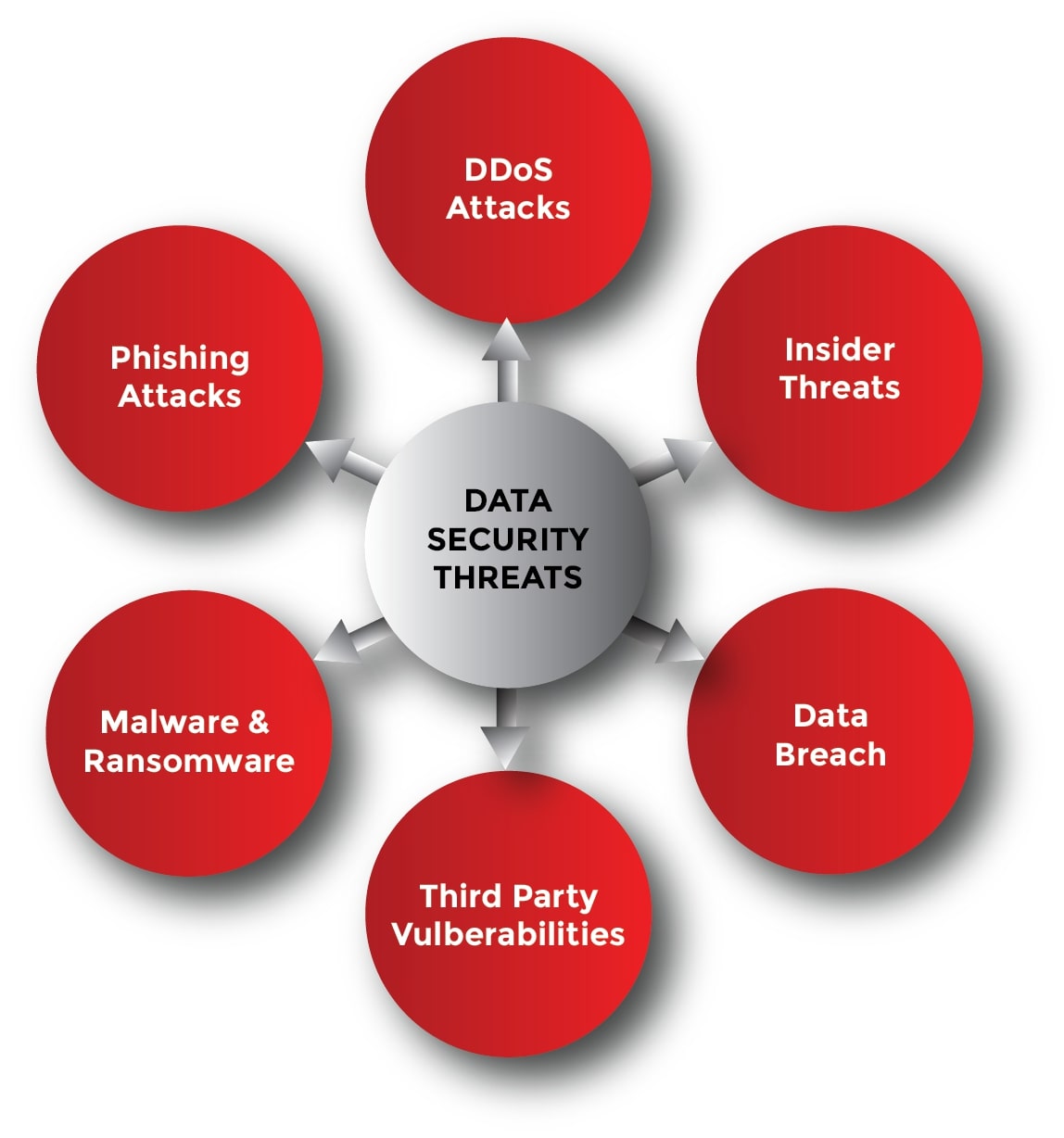Securing Your Cloud Retail Data Assets: E-Commerce and ERP Security

Securing cloud retail data assets for e-commerce and ERP systems in Indonesia is paramount in today’s digital landscape. With the rapid growth of online retail and digital transactions in the Indonesian market, protecting sensitive customer information, financial records and business strategies is more important than ever. By utilizing cloud-based security solutions tailored to the unique challenges of the Indonesian market, businesses can ensure the integrity, confidentiality and availability of their data assets. E-commerce platforms and Enterprise Resource Planning (ERP) systems serve as the backbone of retail operations, containing sensitive customer information, financial records, and business strategies. However, without strong security measures in place, these systems are vulnerable to various threats. Therefore, securing your retail data assets through effective e-commerce and ERP security practices is critical to protecting your business, maintaining customer trust, and ensuring regulatory compliance.
From unauthorized access to sensitive customer information to sophisticated cyberattacks targeting e-commerce platforms and ERP systems, the threats facing cloud retail data are varied and ever-evolving. Therefore, it is important for retailers to implement comprehensive security measures to effectively protect their cloud data assets.
Here are strategies and best practices for securing your cloud retail data assets, focusing on e-commerce and ERP security:
- Multi-factor authentication to verify a user’s identity before they can access data and set up role-based access controls to limit data access to only authorized personnel based on their job roles and responsibilities.
- Encrypts data in storage and transmission, and updates periodically to prevent unauthorized access and meet security standards.
- Cloud Security Posture Management, recognizing security threats including outdated software components, improperly configured storage buckets, and overly permissive access rules. Automate security evaluations and implement security best practices.
- Endpoint Security to secure ERP and E-commerce services by continuously monitoring endpoint activity for suspicious behavior and potential security threats, as well as improving threat detection protection in real time.
- Training and security awareness sessions to employees, teaching them about security best practices and procedures, including how to recognize and report suspicious activity, phishing attempts, and social engineering tactics, fostering a culture of security awareness across the organization to reduce insider and human threats.
- Perform regular security checks to find weaknesses in e-commerce and ERP systems, monitor suspicious activity, and ensure security settings meet industry standards.
- Set up a robust backup and disaster recovery plan to protect cloud retail data, regularly backup critical data, and test recovery processes to ensure data integrity and recoverability, while developing and maintaining a disaster recovery plan to reduce downtime and data loss in emergencies.
On the modern e-commerce and ERP systems, it is imperative to maintain retail data security on the cloud. Data encryption, multi-factor authentication, and cloud security posture management are essential security safeguards against malware, phishing scams, and other dangers including data breaches. In order to keep an ongoing eye on endpoint activities, edge security technologies must be implemented. Another important component of creating a culture of security awareness is educating staff members about best practices in security. Retailers may uphold customer trust and safeguard their data assets by taking these measures.
Ready to secure your retail data assets and protect your business from cyber threats? Contact us to learn more about our comprehensive security solutions tailored to your retail needs!


